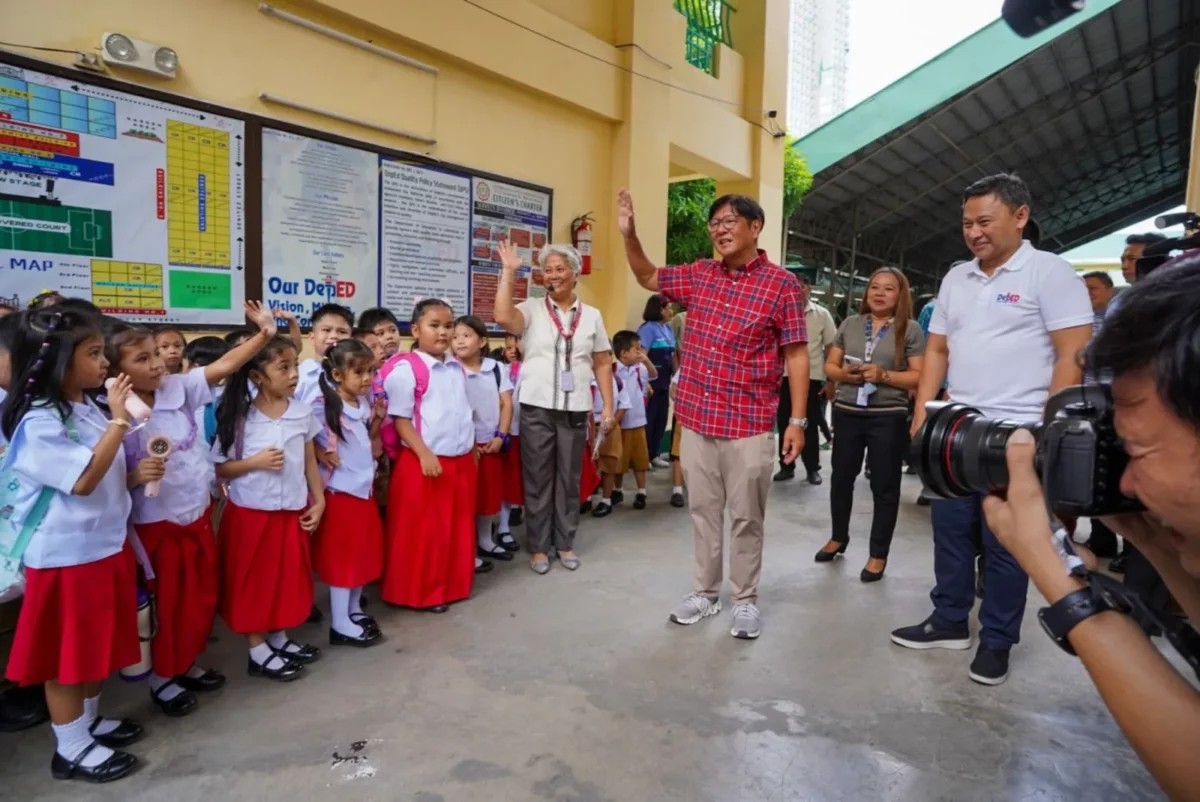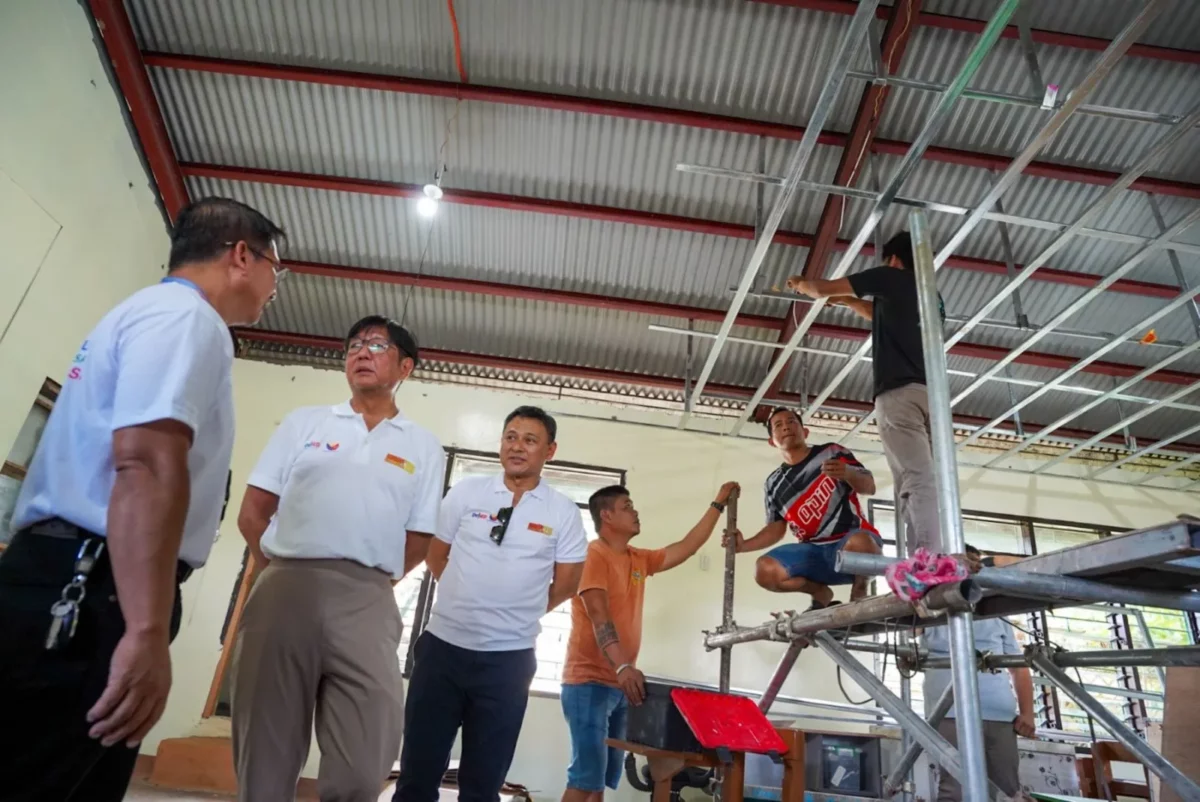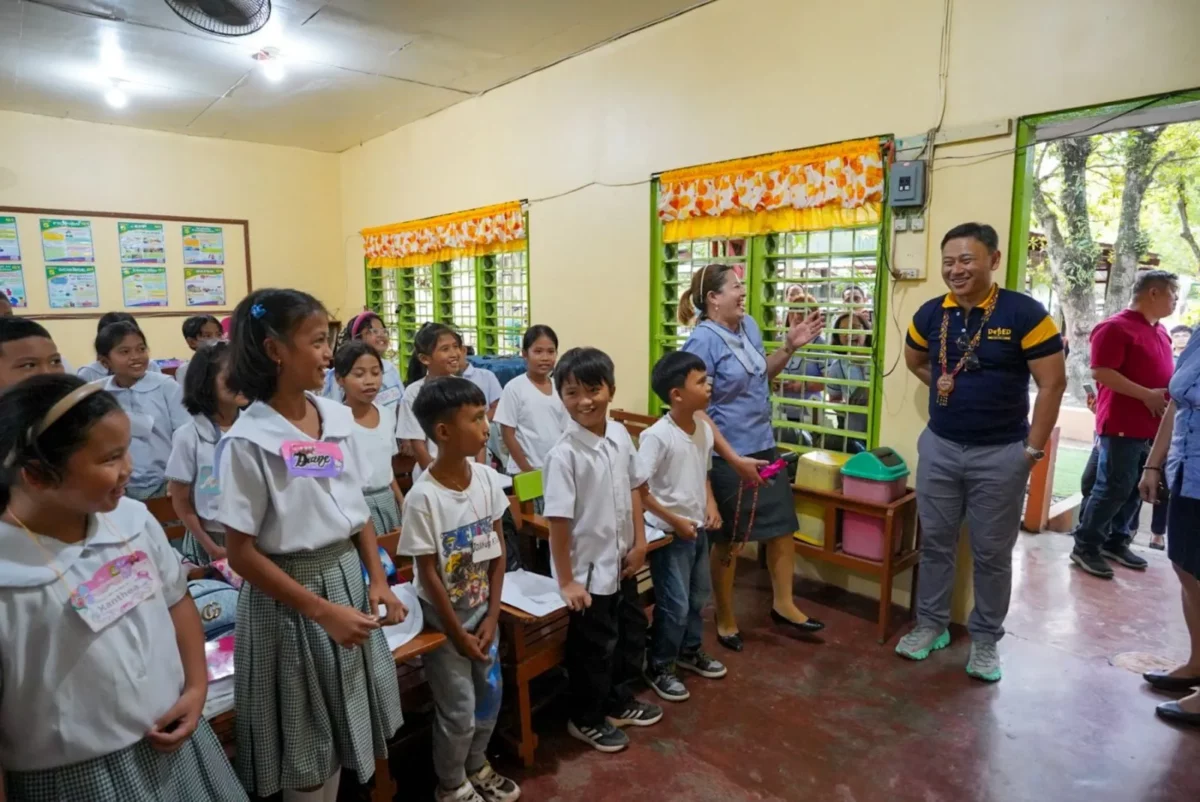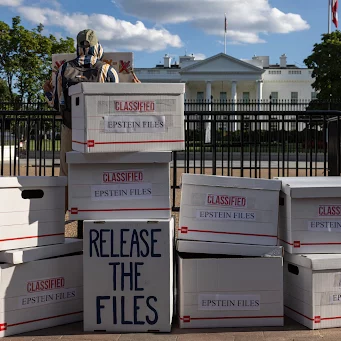DepEd to tap LGUs in Classroom Construction, A Historic Shift to End Shortages

SHARE
The Department of Education (DepEd) announced that it is exploring a policy shift to allow local government units (LGUs) to directly participate in classroom construction. This marks a potential break from the long-standing practice of relying almost exclusively on the Department of Public Works and Highways (DPWH).
Education Secretary Sonny Angara said the initiative is being studied as one way to accelerate the delivery of school infrastructure and help ease the country’s classroom backlog.

“Every classroom we add brings hope and opportunity to learners. But delays in construction mean children wait longer than they should. That is why we are looking for ways to build faster and smarter, with partners who are closest to the ground,” he said.
Expanded Options

Currently, most school building projects are channeled through DPWH, a process that has faced challenges in speed and efficiency. To create more options, DepEd is seeking flexibility in the 2026 General Appropriations Act (GAA), subject to Congress’ approval, so that LGUs and other partners may be engaged more directly in building classrooms.
DepEd emphasized that LGUs differ in capacity. Some may have the technical expertise, financial resources, and governance structures to move projects quickly, while others may still need more assistance. To address this, the Department is considering mechanisms such as an accreditation system to match responsibilities with readiness, as well as possible support windows for low-income LGUs through technical assistance, co-financing, or clustering.
Standardized classroom designs, cost ceilings, and technical specifications set by DepEd will continue to guide projects to ensure safety and quality nationwide. Meanwhile, DPWH’s involvement will remain an option where needed, allowing for a more flexible approach that combines national oversight with local initiative.
Building on Momentum

Since assuming office in July 2024, Secretary Angara has secured more than ₱458 million in private sector commitments, which are expected to fund at least 84 new classrooms and several facility upgrades. He noted that these efforts show the willingness of communities, civil society, and businesses to contribute to solutions.
“Our partners in local governments, civil society organizations, and the private sector have shown they want to be part of the solution. What we hope to do is create the space for their contributions to make a bigger impact,” Angara said.
DepEd stressed that addressing classroom shortages will require unity across sectors and levels of government. While challenges remain, the Department believes that collaboration and innovation can gradually turn the tide.
*All Photos from DepEd
RELATED ARTICLES

Celebrate Chinese New Year with Up to 70% OFF

This is Your Faith-Based Business Plan

Church Leaders Speak Out on Anti-ICE Protest Actions

Christian Responses to Don Lemon and Anti‑ICE Church Intrusion








